Amir-Abdollahian: Iran, Saudi to develop economic and commercial relations
The Iranian foreign minister has said that the rapprochement between Iran and Saudi Arabia is not merely “a tactical agreement,” adding that both countries have agreed to develop bilateral economic and commercial relations.
Hossein Amir-Abdollahian made the remarks in an interview with the French daily newspaper Le Figaro, which was published on Monday, regarding the resumption of relations between the two countries.
“In the foreign policy of the current [Iranian] government, relations with our neighbors are a priority,” he said, adding that this is why the Islamic Republic held security negotiations for several months in Baghdad and Oman.
The Iranian foreign minister went on to say that finally during the visit of the Chinese president to Saudi Arabia, a strong idea was put on the table.
The result was Chinese mediation which made it possible to take the decisive step between Tehran and Riyadh, he added.
"We do not consider this rapprochement a tactical agreement," he stressed.
On March 10, after several days of intensive negotiations hosted by China, Iran, and Saudi Arabia agreed to restore diplomatic ties and reopen embassies seven years after their relations were severed.
In a joint statement after signing the agreement, Tehran and Riyadh highlighted the need to respect each others’ national sovereignty and refrain from interfering in the internal affairs of one another.
They agreed to implement a security cooperation agreement signed in April 2001 and another accord reached in May 1998 to boost economic, commercial, investment, technical, scientific, cultural, sports, and youth affairs cooperation.
Elsewhere in his remarks, Amir-Abdollahian noted that the Saudi government has made investment in Iran a priority.
"I talked about economic issues during my recent meeting with my Saudi counterpart," the top diplomat said, adding, "We both agreed to develop our economic and commercial relations in the months and years to come.”
He added that the Saudi government has now put the realization of economic projects a priority.
Back in April, Iran and Saudi Arabia planned to form a joint chamber of commerce to boost bilateral trade nearly a month after they reached an agreement to restore their diplomatic relations.
Keyvan Kashefi, a member of the presiding board of the Iran Chamber of Commerce, Industries, Mines and Agriculture (ICCIMA), said at the time that Tehran and Riyadh have major potential to boost their trade exchanges in the fields of oil, gas and petrochemicals.
He said the annual trade between the two countries could easily reach up to $3 billion within the next few years.
Hezbollah attacks Israeli forces after Lebanese homes blown up
World leaders, states hail ICC arrest warrants for Netanyahu, Gallant
MP: US accountable for possible Israeli 'foolishness' to attack Iraq
VIDEO | Israeli policies strangle Palestinian agriculture, economy
Iran's president offers condolences to Pakistan over terrorist attack
Canada’s Yukon town council at standstill over refusing oath to King Charles
Yemen's Houthi calls for jihad to protect Palestine against Israel
VIDEO | Internal rifts within Israel


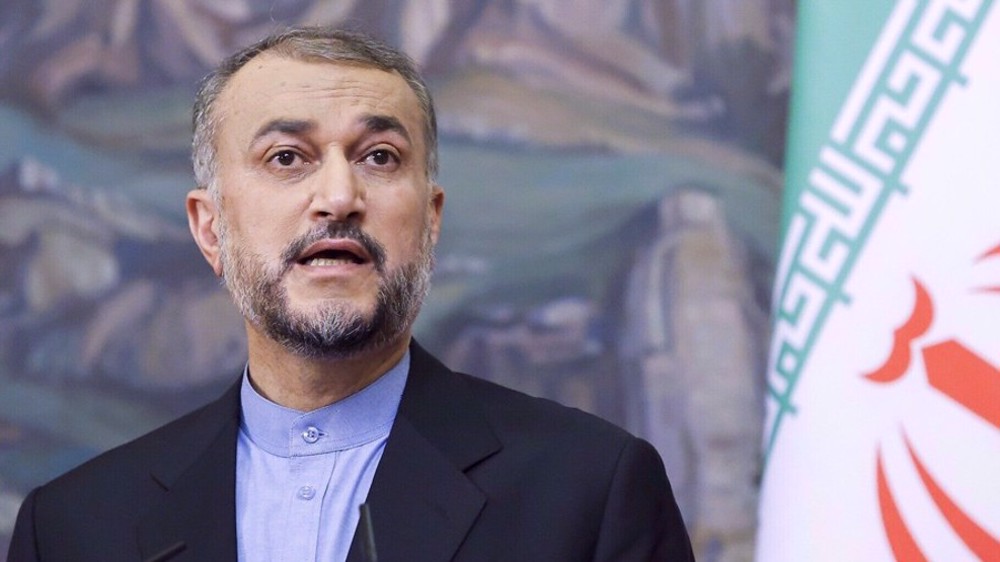
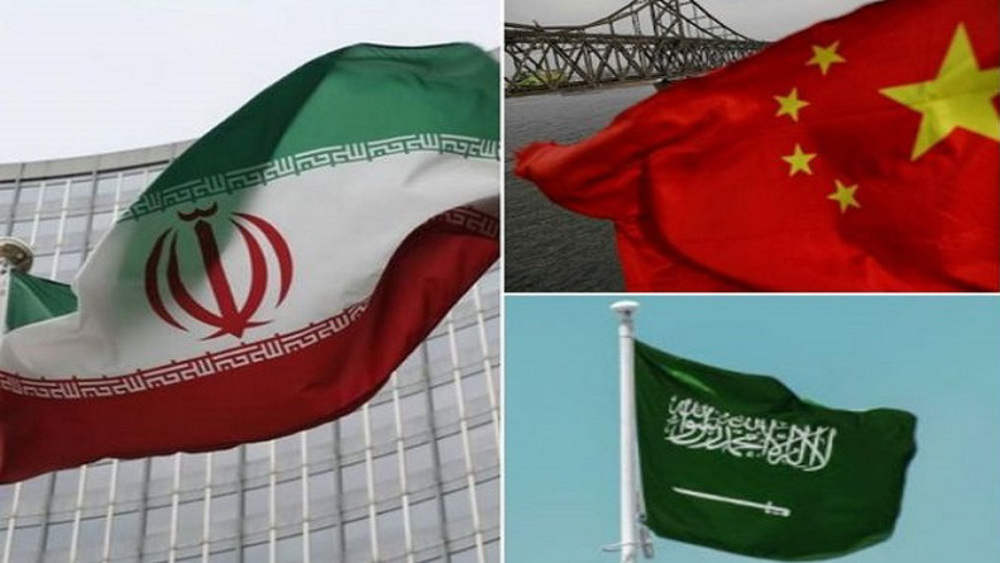
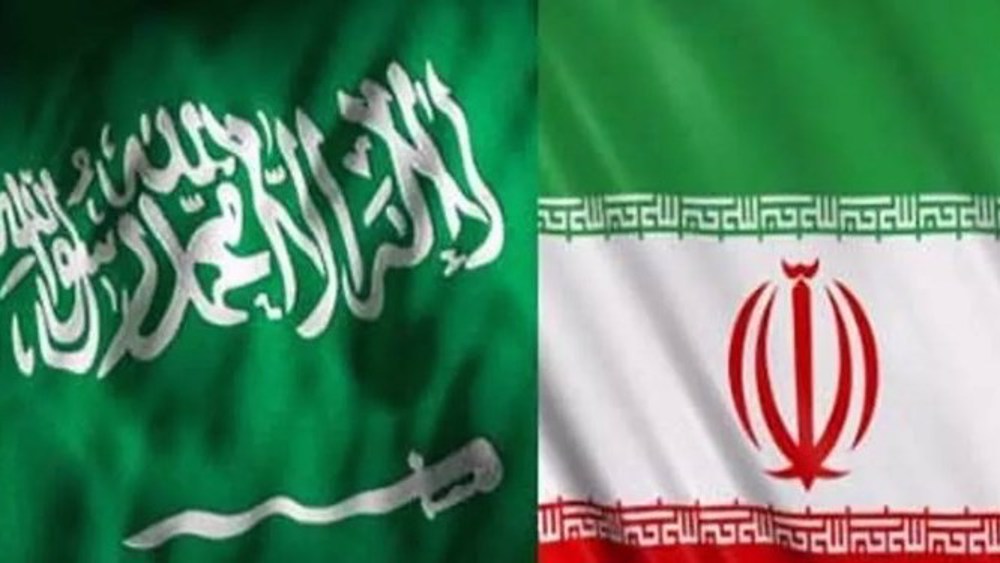
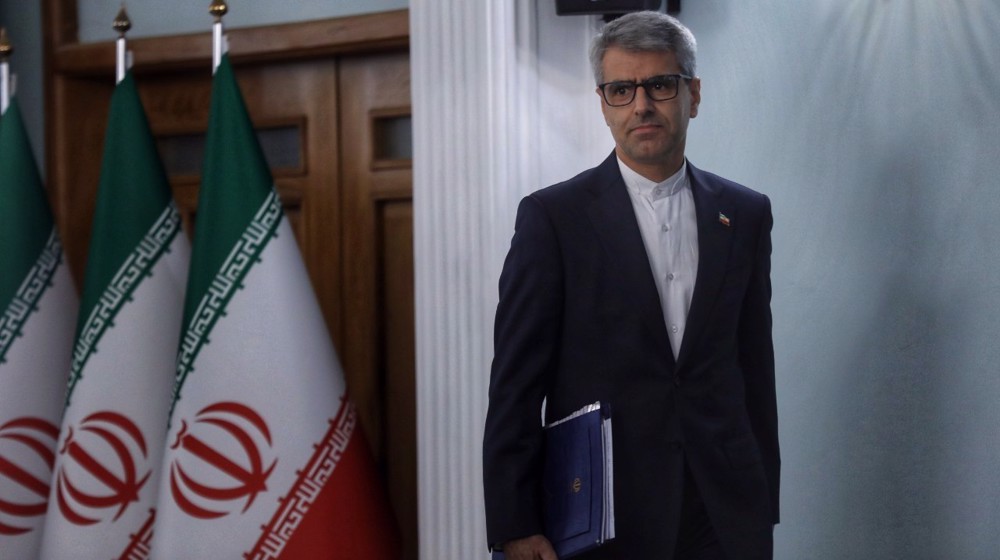
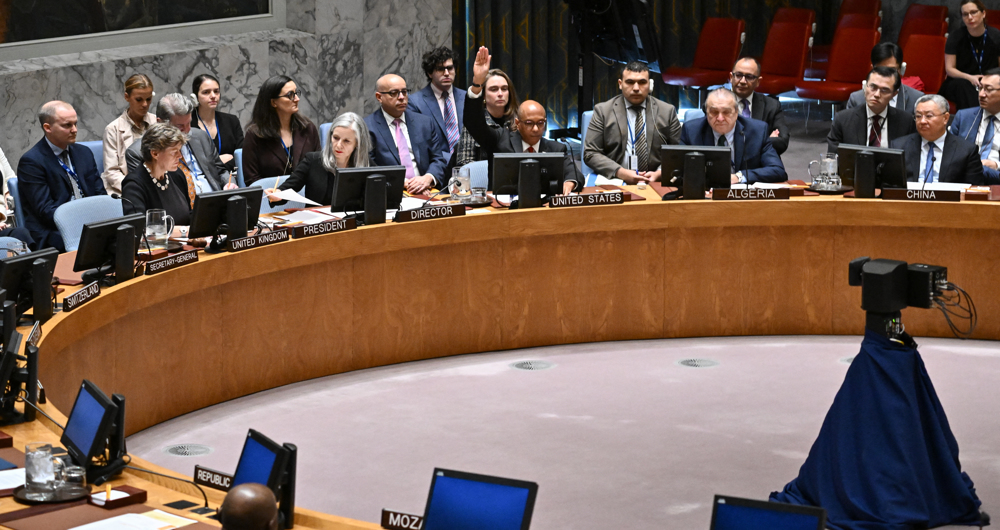
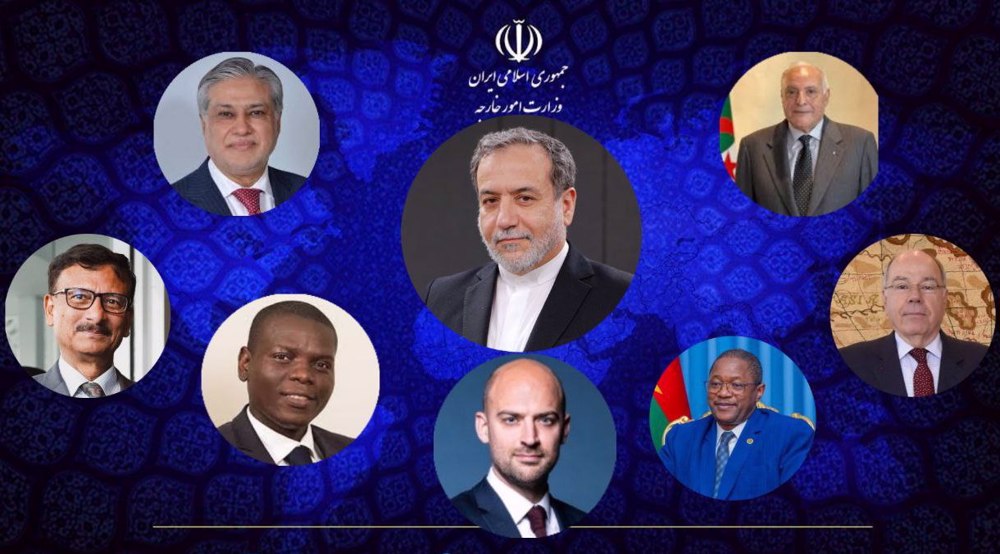




 This makes it easy to access the Press TV website
This makes it easy to access the Press TV website